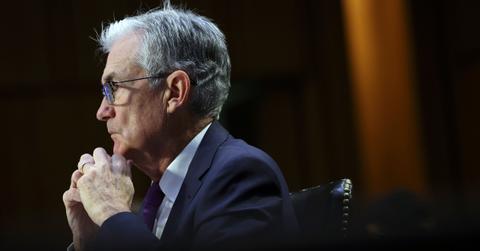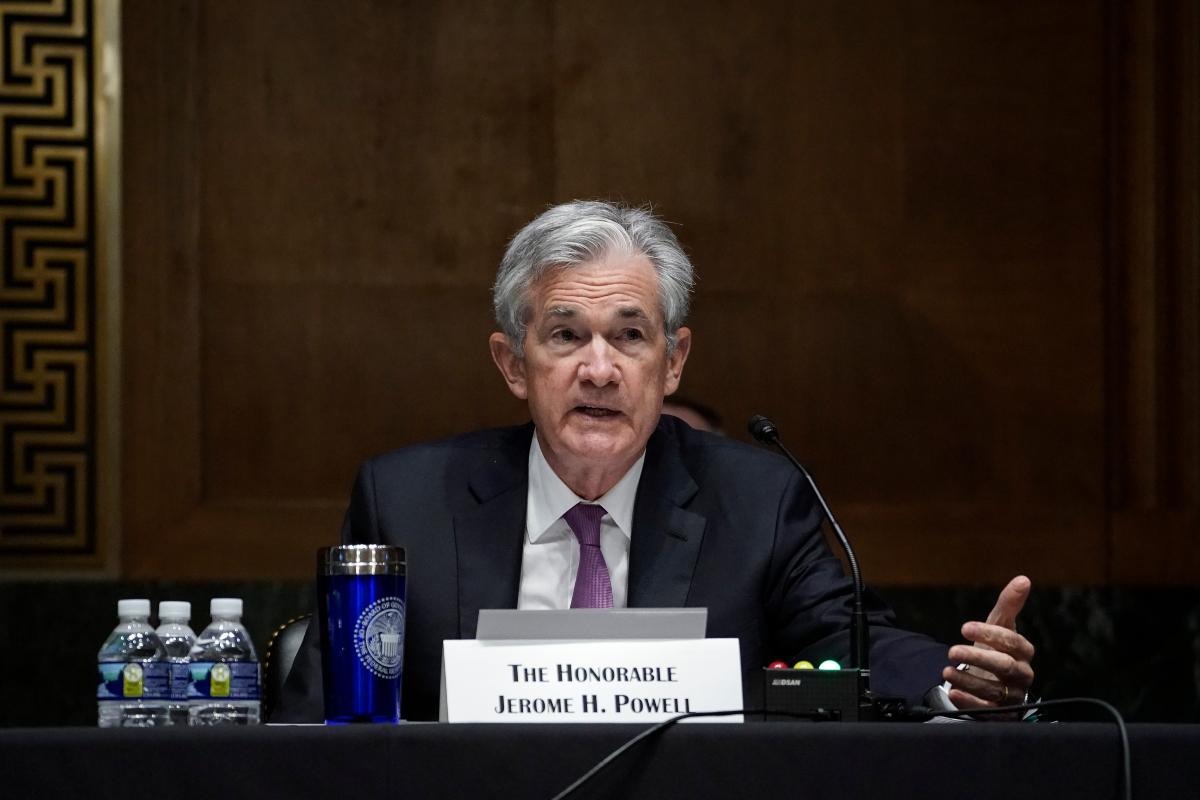Is Inflation Really Transitory? Meaning and Fed's Views, Explained
The Fed has said that inflation is transitory. What does transitory inflation mean and what’s the Fed’s latest view?
Nov. 4 2021, Published 10:27 a.m. ET
U.S. inflation is running at multi-decade highs and the headline CPI was 5.4 percent in September, which was above consensus estimates. While annual inflation has been running above 5 percent for quite some time now, the Fed has used the “T word” or "transitory" to describe inflation. What does transitory inflation mean and what’s the Fed’s latest view on inflation?
As expected, the Fed has announced tapering of its monthly bond purchases. The Fed would lower its monthly bond purchases by $15 billion. Currently, it's buying $120 billion worth of bonds every month. However, “later this month” it would lower the Treasury purchases by $10 billion and MBS by $5 billion.
Transitory inflation meaning
Transitory inflation means that higher prices are temporary, short-term, and not structural in nature. Now, the term isn't being used for the first time in Fed communication. In 2011, the term was used in Fed communication for the first time.
In April 2011, then-Fed Chair Ben Bernanke also described inflation as transitory. The economic situation back then was somewhat similar to what we’re seeing now. Energy prices were running a riot. While the economy was recovering from the bottom, the pace of acceleration was coming down.
Is inflation transitory?
While inflation still looks somewhat transitory, the timeframe for the transition towards lower prices could be much longer than what it looked like six months ago. Higher inflation is being caused by a flurry of factors including supply chain disruptions, labor shortages, high raw material costs, and last but not the least, higher energy prices.
Energy prices have a domino effect on inflation. Apart from adding directly to the headline number, they also contribute to higher inflation by adding to logistics costs. Also, since energy is a key raw material for many industries, higher energy prices lead to cost-push inflation.
Janet Yellen on inflation
The Fed has been using the “T word” a lot less over the last few months. U.S. Treasury Secretary Janet Yellen has also sounded circumspect when using the term. She said that while it's “still fair to use” the term, she cautioned that it doesn't mean that prices would come down in a couple of months but “a little bit longer than that.”
What are the Fed’s views on transitory inflation?
The Fed has maintained its stance that inflation is transitory. “Inflation is elevated, largely reflecting factors that are expected to be transitory,” it said in its release. It attributed higher prices to demand-supply imbalances and the reopening of the economy.
Meanwhile, Fed Chair Jerome Powell cautioned that higher prices would stretch into 2022. The Fed seems to have softened its views on inflation being transitory and sees higher prices staying for much longer.
When will inflation come down?
The term "transitory" is controversial since most economic events are transitory. The supply bottlenecks will likely get much better by the middle of the next year. The pent-up demand boost is also expected to taper down by then. This should help bring down inflation.
However, there's another side of the story as well. Higher labor and raw material costs could lead to structurally higher inflation. If crude oil prices rise above $100 per barrel, which many people including Russian President Vladimir Putin see as a real possibility, inflation would start to look a lot stickier and not transitory.
Incidentally, Twitter’s CEO Jack Dorsey thinks that inflation isn't transitory. He sees hyperinflation in the U.S. economy, which he forecasts will spread globally. However, most economists disagree with Dorsey's alarmist views. Cathie Wood of ARK Invest thinks that prices will come down after the holiday season.


